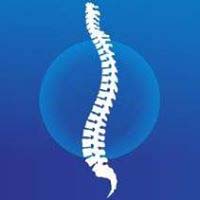Scoliosis Reduction Utilizing an Exercise
Gary V. Golembiewski, D.C., F.A.S.B.E. and Daniel J. Catanzaro, D.C.
Journal of Vertebral Subluxation Research ~ May 2001 ~ Volume 4 ~ Number 2
Abstract
The objective of this case study is to discuss the case management of a patient with idiopathic scoliosis through application of a therapeutic exercise maneuver. For simplicity the word “exercise” is used interchangeably with therapeutic maneuver. The clinical features were based on a 28-year-old female whose case history revealed a scoliosis originally detected in 1982 at which time an orthopedic surgeon prescribed bracing to reduce the curvature. The patient observed an increase in her postural distortion while standing in front of a three-way mirror and presented to our office for care several years later. The intervention and outcome was based on a therapeutic maneuver/exercise prescribed specifically for the reduction of the scoliosis and disc wedging. The specific exercise was based upon an observation of the initial radiographs as well as stress end-loaded radiographs taken at the finished position of the exercise. Follow up radiographs revealed a reduction of the curvature. The appropriate application of a specific therapeutic maneuver/exercise resulted in decreasing the Cobb’s Angle on the A-P stress end-loaded and static A-P lumbar radiographs and also decreased the disc wedging in this case.
Key Words: scoliosis, exercise, chiropractic, vertebral subluxation, biomechanics, Applied Spinal Biomechanical Engineering







